Anxiety, the illness of our time, comes primarily from our inability to dwell in the present moment
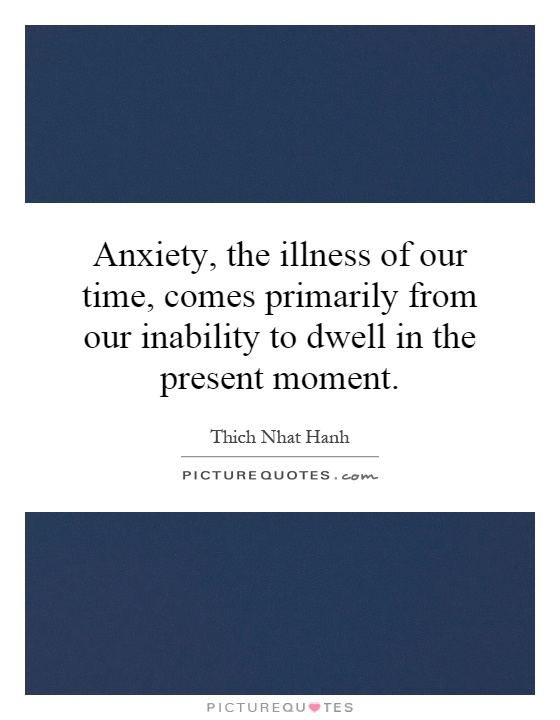
Anxiety, the illness of our time, comes primarily from our inability to dwell in the present moment
Thich Nhat Hanh, a renowned Vietnamese Buddhist monk and peace activist, has long emphasized the importance of mindfulness and living in the present moment. In his teachings, he often speaks about the detrimental effects of anxiety and how it stems from our inability to be fully present in the here and now. According to Thich Nhat Hanh, anxiety is the illness of our time because we are constantly preoccupied with the past or the future, rather than focusing on the present moment.In today's fast-paced and technology-driven world, it is easy to get caught up in the hustle and bustle of daily life. We are bombarded with distractions and stimuli that pull us away from the present moment, causing us to feel anxious and overwhelmed. Our minds are constantly racing, worrying about what has happened in the past or what might happen in the future. This constant state of worry and rumination can lead to chronic stress and anxiety, which can have a negative impact on our mental and physical well-being.
Thich Nhat Hanh teaches that the key to overcoming anxiety is to cultivate mindfulness and learn to be fully present in each moment. By practicing mindfulness, we can train our minds to focus on the here and now, rather than getting lost in thoughts of the past or future. Mindfulness allows us to become more aware of our thoughts and emotions, and to observe them without judgment. This awareness helps us to break free from the cycle of anxiety and to find peace and calm in the present moment.
Thich Nhat Hanh often uses the analogy of a flower to illustrate the concept of mindfulness. He teaches that just as a flower blooms in the present moment, we too can find beauty and peace by being fully present in each moment. By learning to dwell in the present moment, we can let go of our worries and fears, and experience a sense of peace and contentment.


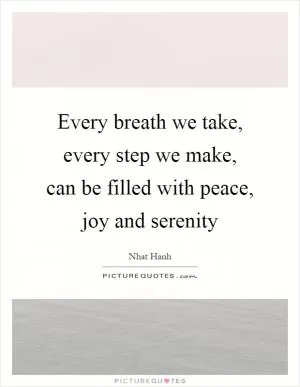


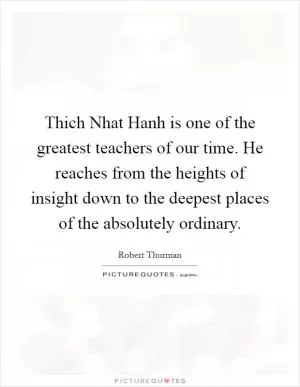
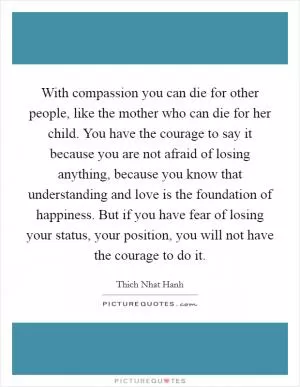
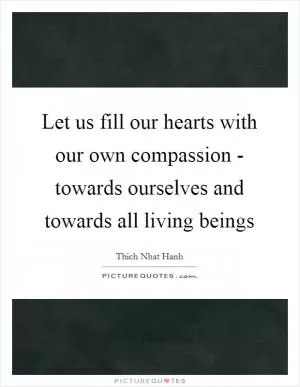
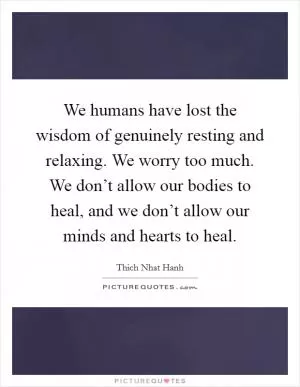
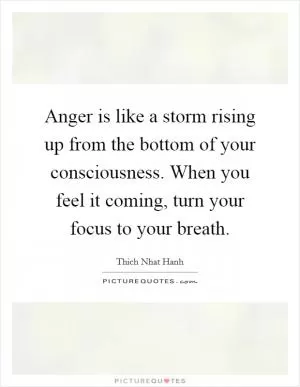

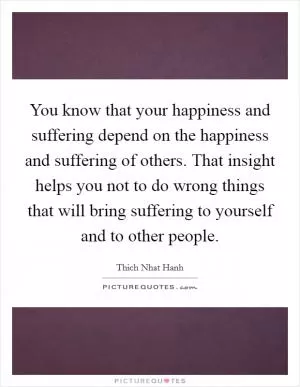
 Friendship Quotes
Friendship Quotes Love Quotes
Love Quotes Life Quotes
Life Quotes Funny Quotes
Funny Quotes Motivational Quotes
Motivational Quotes Inspirational Quotes
Inspirational Quotes